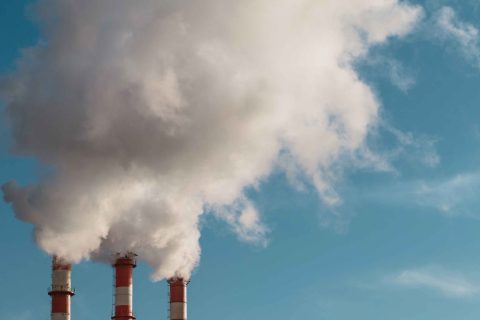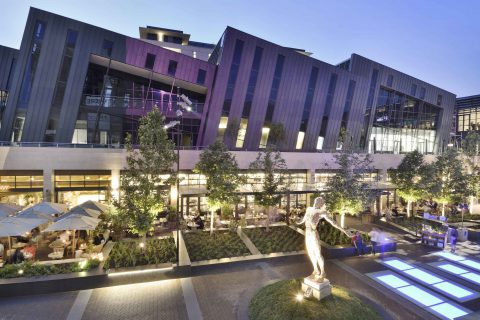Sunday Times Green
Beyond The ‘Burbs
This winter, the City of Johannesburg began to implement its mandatory recycling programme. Faced with the challenges of rapidly filling landfills and pollution, plus the economic opportunities of recycling, residents are being asked to “separate at source” in a scheme that will eventually be implemented city-wide.
According to a Statistics SA report released in September, Gauteng lags behind the Western Cape when it comes to recycling, although neither are particularly impressive by international standards. The agency reported that in 2016 20.3 per cent of urban homes in the Western Cape recycled, while Gauteng was a distant second at 12.7 per cent.
These figures are getting better, but outside our major metros, there’s little activity at all. Only three per cent of rural homes recycle. This is why when Siyabonga Tshabalala and Nomuntu Ndhlovu left their Gauteng-based corporate jobs to start a recycling company, Siyabuddy, they chose to do it in a rural village called Steenbok in Nkomazi Municipality, Mpumalanga.
The pair saw an opportunity to provide a service in a community where it was needed. Ndhlovu says that Siyabuddy started operating in 2016. She recalls that “we were collecting glass and selling to Consol using our parents’ bakkies and bags from the glass recycling company”.
In 2016, they approached the Industrial Development Corporation (IDC) for a business loan to invest in the machinery they needed to operate a buyback centre at the Steenbok Landfill Site.
Ndhlovu says they are assisting the communities they operate in by buying material from residents who collect and separate waste. “This has introduced a new revenue stream in Nkomazi that previously didn’t exist for the majority of the community members.”
However, this comes with its own issues. “We face challenges with respect to waste pickers around the community. They currently do not have protective clothing, so their safety is an issue.”
Despite such drawbacks, the company has created 18 direct jobs and 541 indirect employees, who collect additional waste on behalf of Siyabuddy.
There are plans for more developments within the business, including evolving from its current status as a buyback centre to a manufacturing company, processing recyclables on its own site. Ndhlovu says the firm is also exploring ways to turn non-recyclable waste into energy for local homes.
Ndhlovu says that recycling is important for all communities. “We can recycle waste, but we can’t recycle our environment. We need to take care of our environment for it to care for us. This is the reason why everyone should recycle, including people in rural areas and townships,” she says.






 Sign-up and receive the Business Media MAGS newsletter OR SA Mining newsletter straight to your inbox.
Sign-up and receive the Business Media MAGS newsletter OR SA Mining newsletter straight to your inbox.